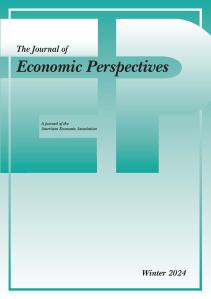This paper presents empirical evidence on the proposed global minimum tax (GMT) of the OECD's Pillar 2. First, it addresses how many, and which, countries or country groups can be seen as constituting a ‘critical mass’ for its successful implementation; given such a critical mass, remaining jurisdictions worldwide will have an incentive to implement the GMT as well. Second, it assesses the generosity of the substance-based income exclusion (SBIE), which is informative for the revenue collected under the GMT.
Authors

Research Associate University of Oxford and Oxford Centre for Business Taxation
Michael joined the IFS in 1982 and he has been a Research Fellow since 1990 and a Professor of Economics at the University of Oxford.
University of Tübingen

Martin Simmler
Journal article details
- DOI
- 10.1111/1475-5890.12317
- Publisher
- Wiley
- ISSN
- 0143-5671
- Issue
- Volume 44, Issue 1, March 2023, pages 9-21
Suggested citation
M, Devereux and J, Paraknewitz and M, Simmler. (2023). 'Empirical evidence on the global minimum tax: What is a critical mass and how large is the substance-based income exclusion?' , 44(1/2023), pp.9–21.
More from IFS
Understand this issue

Election Special: Your questions answered
27 June 2024

Election Special: The big issues politicians haven't spoken about
25 June 2024

Election Special: The Labour manifesto explained
14 June 2024
Policy analysis

How would the parties’ tax and spending plans affect Scotland and Wales?
28 June 2024

What are the parties’ plans for benefits and taxes?
24 June 2024

Plaid Cymru manifesto: a response
13 June 2024
Academic research

Does the value-added tax add value? Lessons using administrative data from a diverse set of countries
9 February 2024

Intertemporal income shifting and the taxation of business owner-managers
24 January 2024

Insurance, redistribution, and the inequality of lifetime income
2 November 2023